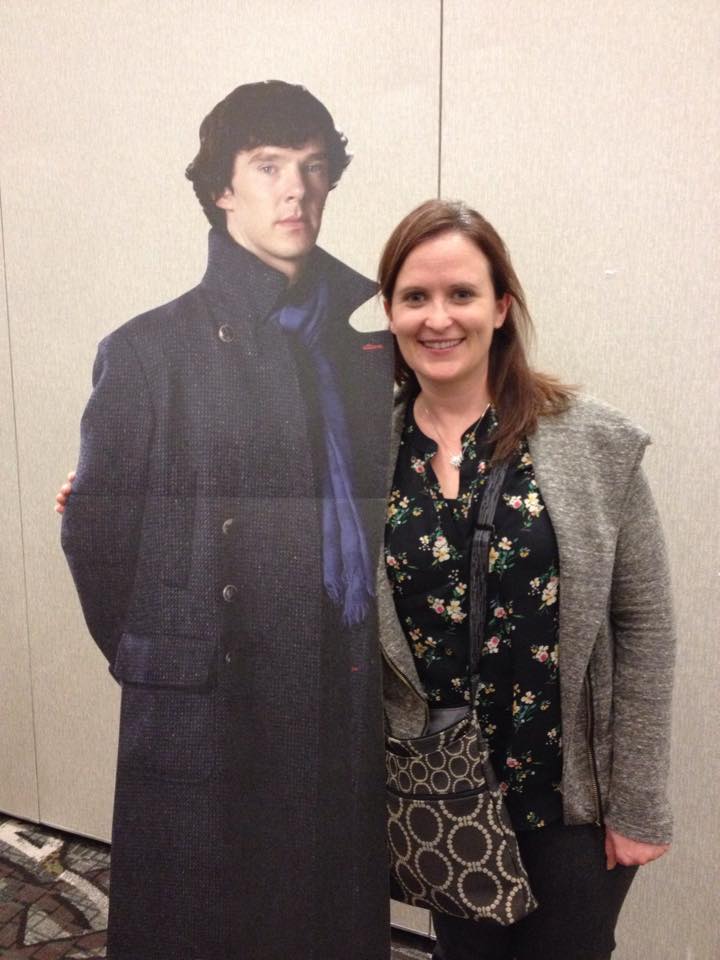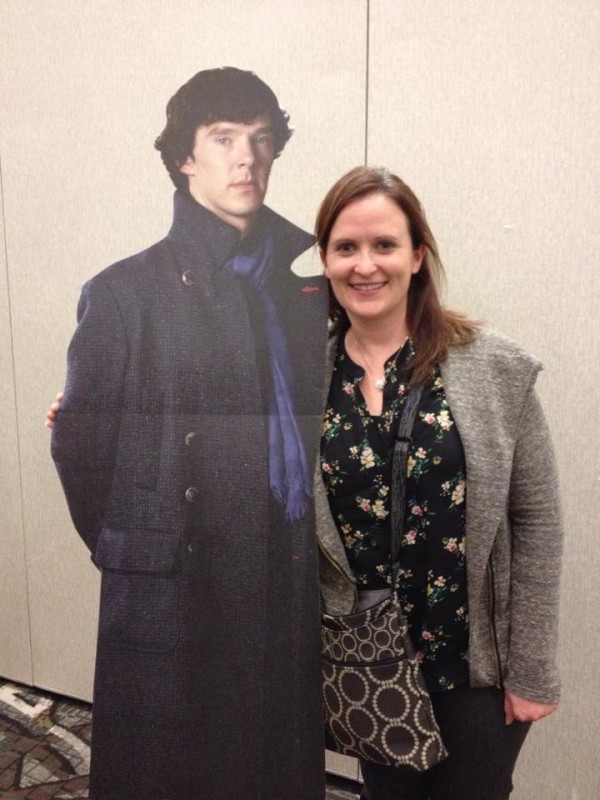I’m already in hives thinking about all the nasty posts and comments I’ll inadvertently see in the months to come as we kick into full-out gear with the U.S. presidential election. I’m not averse to disagreeing, but I don’t feel like much of the conversation I’ve seen and heard gets anywhere near a conversation. It usually ends up more in name calling and shut-downs. Ugh.
My Facebook life during election season is usually to swear to myself that I won’t post anything political at all, then get really angry at some point and break that vow, then worry incessantly that I’m pissing off people I otherwise like, then feel better when people agree with me, then see a post or comment by someone else on some other friend’s post that I really itch to comment on and disagree but don’t because I don’t want to start anything nasty, then swear not to put myself through that again by posting anything political. (REPEAT).
I recently came across this document by Patty Maher that she wrote for her family and friends as guidelines and reminders for posting political stuff on Facebook. I thought she had some good points in here, so I asked her if I could share it here. Happily, she agreed.
How to Survive Facebook during the Presidential Election Season—with All Your Loved Ones in Tow
Debates have their place in society. Our daily Facebook feed is not one of them. If we are forced to defend our point of view every single day between now and the 2016 election, we will grow weary—or worse. We may end up in outright fights.
Although some people seem to see Facebook posts as invitations to debate, I encourage a different point of view. I think of Facebook posts like yard signs. If your neighbor posted a yard sign in support of a candidate or issue you disliked, you probably wouldn’t go knock on her door to insist she defend herself. You probably wouldn’t interrupt her dinner to insist that she listen to your 7-point solution to her errored thinking. You might post a sign in your own yard supporting an opponent of her favorite candidate. You might even make your sign a bigger and better one! Awesome for you. That’s the American way. Live and let live.
Until now, there have been only a few options for politically thoughtful persons on Facebook.
- Keep it inside. Don’t EVER post about who you support or what you believe in. Instead, take photos of your dinner. If possible, find a nice filter to make the colors pop. Talk about eating it. It’s not controversial. Or post pictures of cats and babies instead.
- Post about your love for Bernie Sanders or Donald Trump and keep an eye on your friend count. You’re taking the chance of being unfriended in this political climate but, oh well. You just gotta do what you gotta do.
- Only post about issues that are super important to you. And be ready for the people who hate your opinion on these issues to swoop in like vultures and pick apart your thoughts and feelings.
- Whatever! Post whatever you want whenever you want and comment wherever you want whenever you want and become hated by at least 45 percent of the people with whom you had previously been “friends.”
It doesn’t have to be this way!
In celebration of National Conflict Resolution Day recently, I developed some guidelines to get us through the next presidential election with all of our limbs and loved ones intact.
The Live-And-Let-Live Approach to Facebook Political Discourse:
Step 1: Register to Vote. I’ve been amazed to find that some of the most opinionated people don’t vote. If you’re going to make political suggestions, criticisms and proclamations, don’t be lazy about voting.
Step 2: Post about issues and candidates you support. Don’t make negative posts about the candidates and issues you don’t support unless they are truly funny and warm spirited. Would Jesus or Ghandi chuckle, too? Then you’re probably ok.
Step 3: If you disagree, let it roll. This is the most important step. When your uncle or your kid’s daycare provider expresses a view that you are 100-percent opposed to, remember, “It’s ok to disagree.” You can still care about a person and completely disagree with his or her political views. Let it roll through your newsfeed and don’t engage. If you must express a counterpoint view, make a post in your own newsfeed instead of commenting on the post you find offensive. Do you really want to philosophically browbeat all of your friends and family members? Nah. You’re an American. You can handle this.
Step 4: Ask political evangelists if you can agree to disagree. When people insist on trying to sway me over to their point of view via comments on my political post, I now make a comment such as this: “Frank, it’s clear that you and I have opposing viewpoints, and it’s not because either one of us is uneducated about this subject. Can we just agree to disagree? I don’t want to discuss this with you anymore.”
Step 5: Pull the shade. If you have asked for the debate to end and someone continues to try to change your opinion by expressing lengthy comments on your post, consider pulling the shade on them. First, let the person know. Respond to their comment with a comment such as this, “Frank, I’m sorry you’re not able to stop arguing about this issue despite my request that the debate end. I encourage you to continue to express your own political views by making posts that support your candidate and point of view. However, as a way of pulling the shade on your debate, I am changing our Facebook relationship status from “friend” to “acquaintance.” This way you will no longer see the posts you find so disturbing. My privacy settings allow friends but not acquaintances, to see my posts. You can still send private messages if you want to get in touch with me regarding community events. I wish you all the best with your political work and I hope to see you at the next neighborhood potluck.” Once a reasonable amount of time has passed (if the person is online, half an hour should do it) reassign the friend status. If your Facebook privacy settings indicate that only friends but not acquaintances can see your posts, your former “friend” and new “acquaintance” will no longer see the post over which he felt so inclined to wage debate.
6. If you exercise the option to “pull the shade,” I recommend you follow up with a short, considerate snail-mail greeting.This should not be a letter explaining yourself. No need for that, and it will only make matters worse. What this situation calls for is just a little something to let the person know you still care about them—despite the political differences. This month a holiday card would be perfect. Go with whatever’s seasonably appropriate.
Good luck! Keep free expression and kindness alive. It’s possible to have an opinion without feeling the need to clobber others with it. I think it’s important to share your opinions if they are important to you—whether they are about pandas or pies or politics. If moderate-minded people don’t feel safe to share, the bullies will dominate Facebook. Don’t let them.
Patty Maher is an old-school journalist who bemoans the loss of paper newspapers. Most recently she was a k-12 education reporter for the Ann Arbor News. She also has covered police, city hall and local government beats for Gannet Newspapers. Today she writes occasional columns and essays, mostly for her own sanity (or to school haters about social media communication). She lives in Ypsilanti, Mi, with her boyfriend and often contemplates getting a Roomba and some pets to feature on a You Tube channel.













